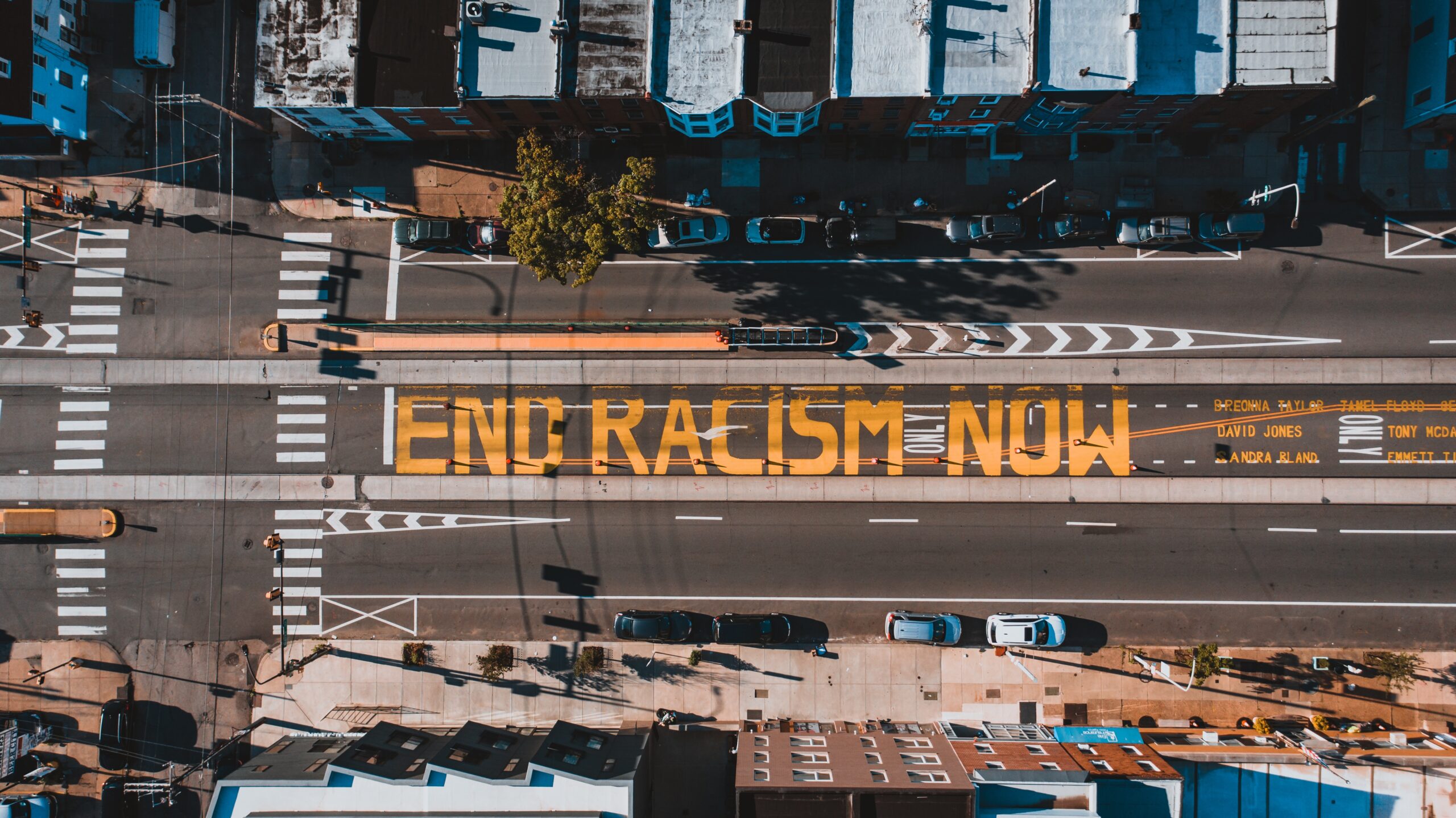The new Texas law that bans most abortions uses a method employed by Texas and other states to implement racist Jim Crow laws in the 19th and 20th centuries that aimed to disenfranchise African Americans.
Instead of offering state officials, such as the authorities, the power to implement the law, the Texas law instead permits enforcement by “anybody, aside from an officer or staff member of a state or regional governmental entity in this state.” This enforcement system relies solely on residents, instead of on government officials, to impose the law.
This method to enforcement is a legal end-run that privatizes a state’s enforcement of the law. By using this method of enforcement, state authorities are shielded from being sued for breaching the Constitution, and the law is made, a minimum of for a time, more long lasting.
The U.S. Justice Department filed suit against the state on the grounds the law broke a female’s constitutionally safeguarded right to terminate a pregnancy before fetal practicality. In its suit, the Justice Department specifically mentions one of the cases that was brought over a Texas Jim Crow law that left out Blacks from participating in primaries, which was struck down by the Supreme Court in 1944.
Privatizing Texan Discrimination
Following Restoration in the South, Texas prohibited African Americans from enacting celebration primaries in a law embraced in 1923. This was an example of Jim Crow, a system of laws and customizeds that institutionalised anti-Black discrimination in the U.S
hen this state law was challenged prior to the Supreme Court and struck down in Nixon v. Herndon in 1927, the Texas Legislature responded in 1928 with a difficult maneuver much like the present Texas abortion law. Texas rescinded the upseting statute and enacted legislation that particularly entrusted to political celebrations the power to determine “qualifications of citizens in main elections,” thus seeking to take the state out of the equation.
By putting that power in the hands of private parties, allowing them to victimize and prevent African Americans from ballot, the state sought to prevent legal rules, based on the Constitution, that needed “state action” before a law could be struck down. Basically, the state contracted out the dirty work of denying Black Texans the right to vote.
In the landmark 1944 judgment in Smith v. Allwright, the Supreme Court “looked behind the law and hunted down the trickery,” as revealed by future Supreme Court Justice Thurgood Marshall, who argued the case at the court. The court ruled that no matter how “uninvolved” the state of Texas attempted to be, main elections included state action adequate for functions of an effective suit under the 14th Modification.
The court concluded that the constitutional right to vote “is not to be nullified by a state through casting its electoral process in a kind which allows a private company to practice racial discrimination in the election.”
The Democrats Are Not Quiting
Democratic Party members in Texas, bent on restricting African Americans from ballot, relied on yet another privatization strategy to accomplish their goals.
Because 1889, the “Jaybird Association” in Fort Bend County, a Democratic political organization that was made up exclusively of qualified white county voters, ran its own “pre-primary” to vet and select Democratic candidates for office. Blacks were omitted from these privately run contests. This choice procedure determined who would run in and most likely win the Democratic primaries, which successfully meant just whites would get those workplaces.
Blacks in the county took legal action against. Yet again, in the 1953 judgment in Terry v. Adams, the Supreme Court invalidated this independently run primary procedure as an offense of the Constitution. As the court pointed out, the “Jaybird main has actually become an important part, certainly the only effective part, of the elective process that determines who will rule and govern in the county.”
The court’s judgment revoked comparable independently enforced discrimination in voting in other states, such as South Carolina.
Resurrecting Jim Crow
The new law, formally called the Texas Heart beat Act, makes up a comparable effort by the state to privatize enforcement of state policy– all in an effort to prevent legal relocations that would stop it from going into result.
Texas has actually reanimated a decades-old method that it used throughout the Jim Crow age to insulate its inequitable laws from constitutional evaluation in the courts. And by handing over enforcement authority to personal individuals, Texas has actually changed its population into a cadre of private police. Now that the federal government has sued the state over the law, the courts will be in a position to evaluate the constitutionality of the statute.
Nonetheless, the statute raises serious issues about how states go about implementing their policies. Will Texas citizens appreciate that the state has reanimated a Jim Crow-era mechanism to prevent legal obligation for its policies?

